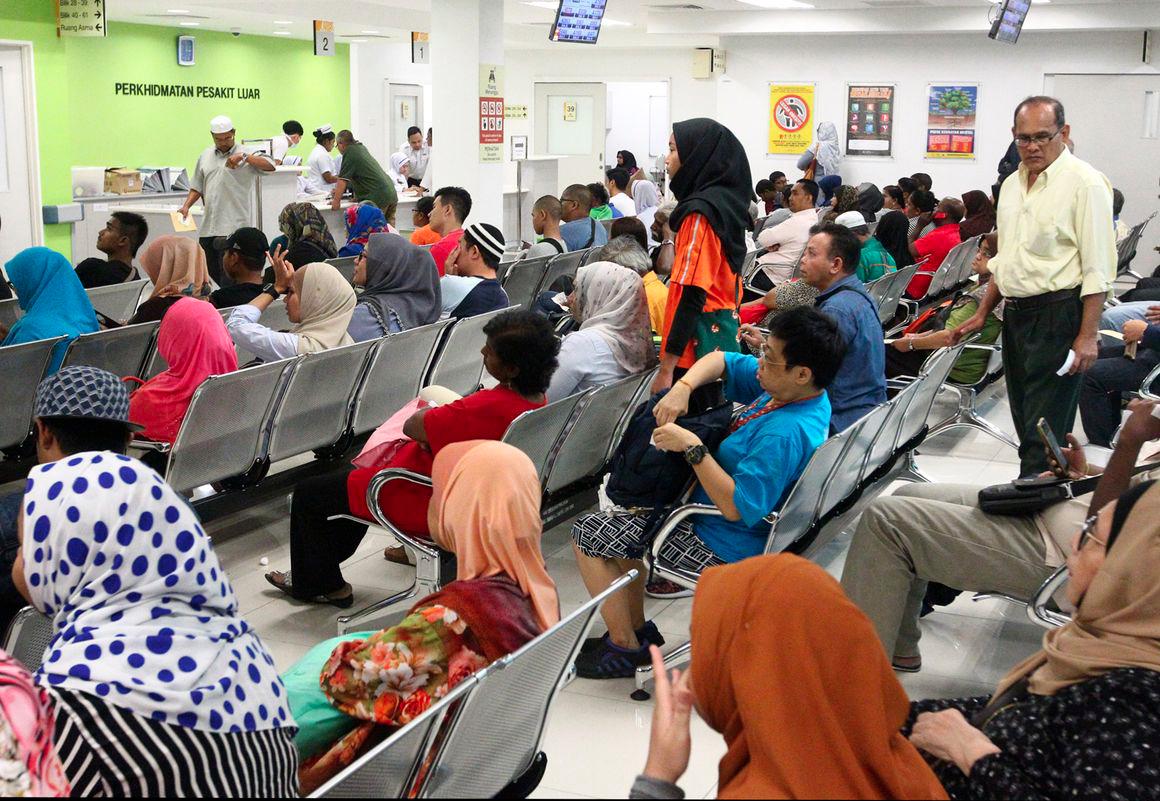JOHOR BAHRU: The Malaysian Medical Association (MMA) has urged the government to develop a comprehensive national master plan to address the growing shortage of healthcare personnel, warning that the issue is no longer a short-term challenge but a serious threat to the sustainability of the public healthcare system.
MMA president Datuk Dr Kalwinder Singh Khaira stressed the need for long-term, data-driven reforms to strengthen the healthcare workforce and ensure system resilience.
“What Malaysia urgently needs is strategic, forward-looking planning for its healthcare human resources. This must begin with detailed data analysis, mapping the distribution of healthcare professionals nationwide and identifying gaps based on the specific needs of each state or locality,” he told Bernama.
With proper planning, Dr Kalwinder said the government would be able to project the number of doctors, specialists, nurses, and allied health professionals required over the next five to 10 years.
“Equally important is the development of a robust national strategy to retain existing healthcare workers. This includes structured improvements in remuneration, allowances, career development opportunities, and clear pathways for professional growth,” he added.
Dr Kalwinder also highlighted Malaysia’s shift towards an ageing population, which will significantly increase the demand for healthcare services, particularly in geriatrics, chronic disease management, rehabilitation, and long-term care.
He said the shortage of healthcare personnel is driven by resignations, retirements, uneven staff distribution, and a decline in new entrants into the public sector. This has resulted in longer patient wait times and increased burnout among overstretched staff.
“If we do not act urgently, the situation will worsen, with more professionals leaving the public sector. This could severely compromise the quality of care in a system that serves about 70 per cent of the population,” he cautioned.
On the recently introduced e-placement system for medical graduates, Dr Kalwinder said MMA is optimistic that it will promote a more balanced and practical distribution of doctors across the country.
“We hope the system ensures fairer placements based on the needs of healthcare facilities, while also considering individual preferences and the challenges of relocating to remote postings,” he said.
Dr Kalwinder also supported targeted incentives such as hardship allowances, housing support, and salary restructuring. However, he emphasised that non-financial factors — such as job security, career progression, and training opportunities — are equally critical in retaining healthcare talent.
To improve coordination, he proposed the formation of a national-level body comprising representatives from the Health and Higher Education Ministries, professional associations, and healthcare sector stakeholders.
Among the urgent measures proposed by the MMA are competitive salary packages, higher on-call allowances, expanded specialist training, promotion reform, improved working conditions, rural posting incentives, and the abolishment of the contract system.
“The MMA is ready to support the government by offering input and expertise, especially in addressing ground-level realities. Bold and coordinated action is urgently needed if we are to build a resilient, future-ready public healthcare system that meets the evolving needs of the people,” he said.
Meanwhile, Universiti Putra Malaysia (UPM) public health specialist Associate Professor Dr Malina Osman said financial incentives alone are not a long-term solution. Greater emphasis must be placed on the emotional wellbeing and overall welfare of healthcare workers.
“Even if the government cannot provide full financial incentives, it should at least offer emotional support through flexible systems that allow healthcare workers to spend more time with their families — for example, by introducing more adaptable rotation schedules,” she said.
Dr Malina also recommended that medically trained administrators be placed in key decision-making agencies such as the Public Service Department (JPA), to ensure a better understanding of the real workload and challenges faced by doctors and healthcare personnel. - Bernama









